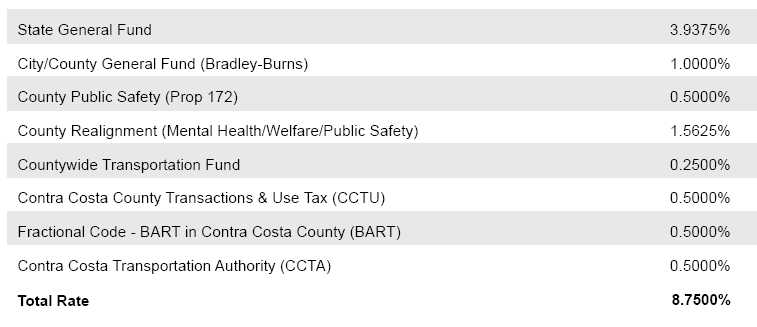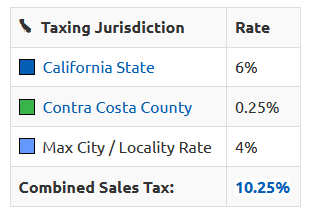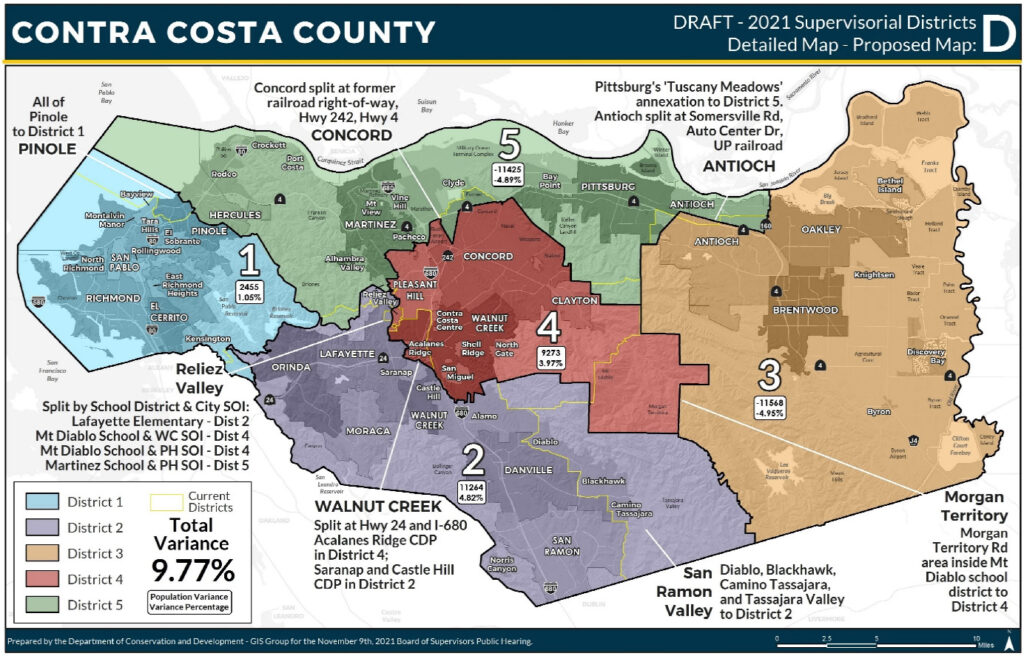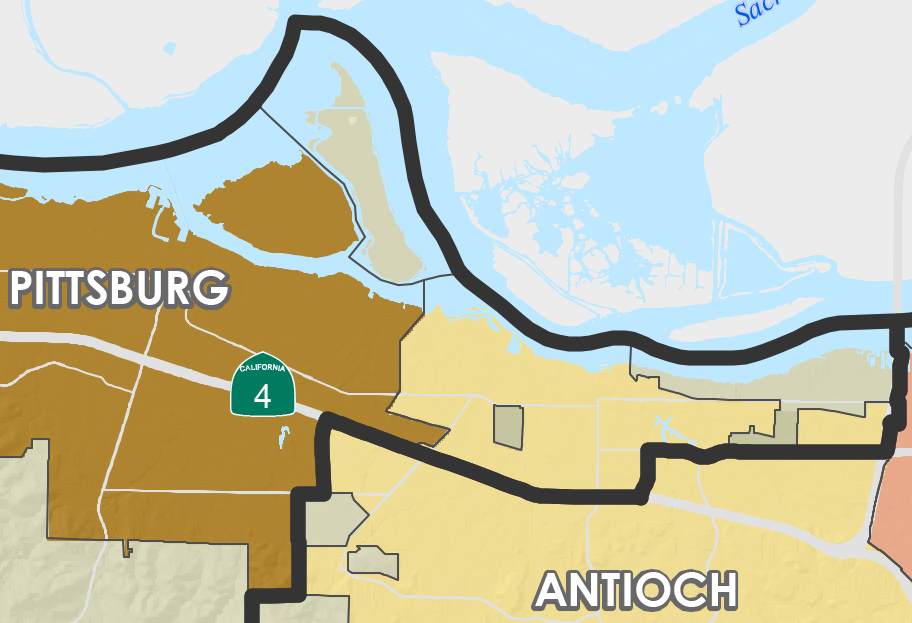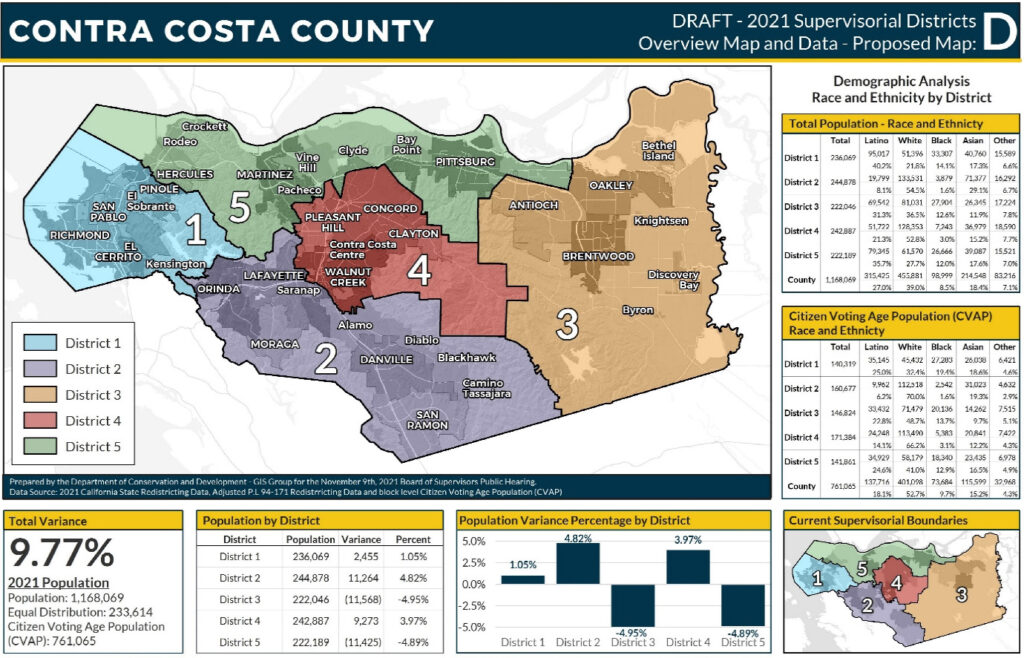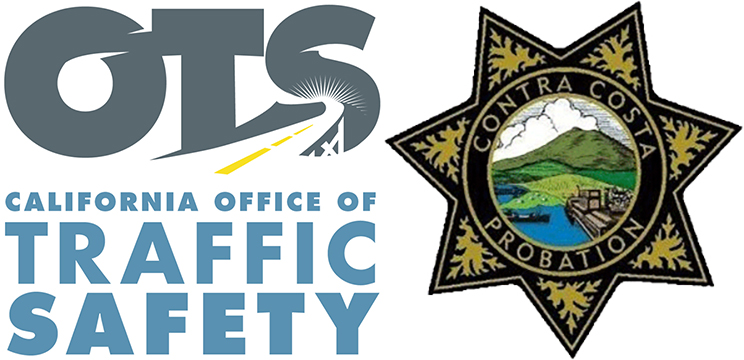Contra Costa Supervisors appoint Ellen McDonnell as county’s new public defender
Thursday, December 16th, 2021Makes permanent position for Interim Public Defender after 20 years with the department; will earn $433,641 in annual salary and benefits

New Contra Costa Public Defender Ellen McDonnell. Source: CCPD
By Allen Payton
As previously reported, during their final meeting of the year on Tuesday, the Contra Costa Board of Supervisors promoted Interim Public Defender Ellen McDonnell as Contra Costa Public Defender at an annual salary of $340,510 in addition to $93,131 in pension annual compensation. She will officially take over the role of Public Defender from the retiring Robin Lipetzky effective Jan. 1, 2022.
She started with the department in 2001 and will oversee a $36 million budget and 145 employees.
McDonnell holds a Juris Doctors degree from California Hastings College of the Law and a Bachelor of Arts degree and double major in Spanish and Italian from Florida Atlantic University in Boca Raton.
She has been a member of the California State Bar since 2011.
When reached for comment District 1 Supervisor John Gioia showered praise on the county’s new public defender.
“Ellen has been at the department for several years, so, it’s great to elevate to the top position someone who has worked their way up in the department,” he said. “She understands the issues, has support of her staff and will be a great public defender.”
“Ellen understands the constitutional balance in our system, for those who are accused, so innocent people aren’t convicted,” Gioia continued. “She has been very involved in re-entry solutions. She and the department have helped individuals successfully, and safely, return to housing and employment, which lowers the chance of repeating offenses and keeps the community safer.”
McDonnell had been serving as the Interim Public Defender for Contra Costa County since August, she shared. According to the Contra Costa Public Defenders’ website, during her two decades at CCPD, Ellen has specialized in representing clients in serious felony cases, been the public face of the office throughout the community and the local criminal court system, and led a dramatic expansion in innovative and holistic defense programs. Most recently, as Chief Assistant, she managed CCPD’s operations and oversaw the office’s divisions. As Interim Public Defender, Ellen stewards the office’s commitment to client advocacy, high-quality litigation, and holistic defense.
“I’m so honored to have been appointed by the Board of Supervisors with the recommendation of County Administrator Monica Nino,” McDonnell said. “I am thankful for their leadership and the trust that they’re placing in me with this appointment.”
“I’m excited to continue to lead an office of highly skilled and talented attorneys, investigators, social workers, legal assistants and clerical staff, and continue to serve the community of Contra Costa,” she continued.
“The mission of the Public Defender’s office is to vigorously defend our clients at all stages of the criminal justice process,” McDonnell shared. “A core part of our mission is also to bring our clients back into the community with support that leads to better outcomes for those we represent, their families and the community at large. We do that by connecting our clients with community-based solutions for housing, employment, healthcare and mental health resources.”
“When we look at the whole person in stabilizing individuals, we play a critical role in contributing to public safety,” she concluded. “Our office will remain committed to addressing racial disparities in the local criminal legal system and implementing new, needed, legal reforms.”
Since becoming interim public defender, McDonnell has been and will continue serving on the county’s Racial Justice Oversight Body which focuses on that commitment.
Ellen joined CCPD in 2001 after receiving her Juris Doctorate from UC Hastings College of Law, where she was a member of the Hastings Law Review. She represented clients with misdemeanors and felony cases, and has tried numerous homicide and life cases. Ellen is a skilled trial attorney and a fierce advocate, especially for those suffering from mental health conditions.
Ellen led the expansion of CCPD’s Clean Slate program and spearheaded community outreach efforts in response to the passage of Proposition 47 in 2014. Ellen coordinated and led numerous Clean Slate Day community events. She collaborated with justice system stakeholders and community-based organizations in order to assist thousands of community members in clearing their records and providing a path to rehabilitation.
Ellen has been at the forefront of implementing legislated criminal justice reforms in the Contra Costa legal system, including Prop 47, Prop 64, Felony Murder Reform, and Bail Reform. Through Ellen’s leadership, Contra Costa County has seen a reduction of incarceration rates, improved sentence equity, the minimization of court-imposed debt, and the elimination of barriers for impacted people.
Ellen has also collaborated with local groups working towards a more just and safer Contra Costa. These include the county’s Pretrial Services work group, Contra Costa LEAD diversion Local Advisory Committee (LAC), the Prerelease Planning work group, the Smart Reentry Task Force, the Alliance to End Abuse Core Project Team, and the Steering Committee for the Reentry Success Center.
Ellen helmed CCPD’s holistic defense approach. She expanded the scope and reach of the office’s services through grant funded programs, garnering state and federal recognition as a model for other defender organizations. In 2016, Ellen became the supervisor of the office’s reentry programs unit, managing CCPD’s AB109 budget and securing philanthropic and governmental funding for reentry services. Ellen also launched the Early Representation Program (EarlyRep) dedicated to preventing failures to appear in court and diverting cases from the criminal justice system. EarlyRep was awarded the Defender Program of Year by the California Public Defender Association in 2019.
Ellen secured funding to launch the Holistic Intervention Partnership (HIP), a collaborative public-private partnership which offers intensive case management, funding for housing services, and other critical resources to those impacted by our criminal legal system. CCPD was one of only two Public Defender’s Offices in the state to receive Justice Assistance Grant (JAG) funding for innovation in indigent defense.
Ellen is regularly invited to speak about holistic defense and implementing criminal justice reforms. She has presented to many groups including the California Judicial Council, the US Department of Justice, National Legal Aid and Defender Association (NLADA) Chief Defender Council, and the American Society of Criminology.
Ellen was appointed by the Chief Justice of the California Supreme Court to the Judicial Council’s Price of Justice Initiative: Ability to Pay Workgroup, the Futures Traffic Workgroup, and the Traffic Advisory Committee. She was also appointed as a member of the Executive Steering Committee of the State Board of Community Corrections tasked with making recommendations for Law Enforcement Assisted Diversion (LEAD) funding.
Ellen, who grew up in West Virginia and Florida, is a resident of Walnut Creek, where she lives with her husband and two children. Ellen speaks fluent Spanish, and she is proud to be a lifelong Contra Costa Public Defender.
Dan Borsuk contributed to this report.









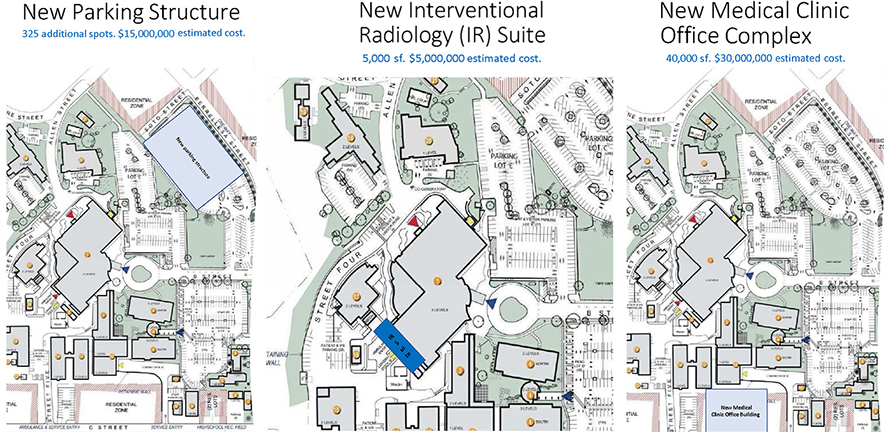
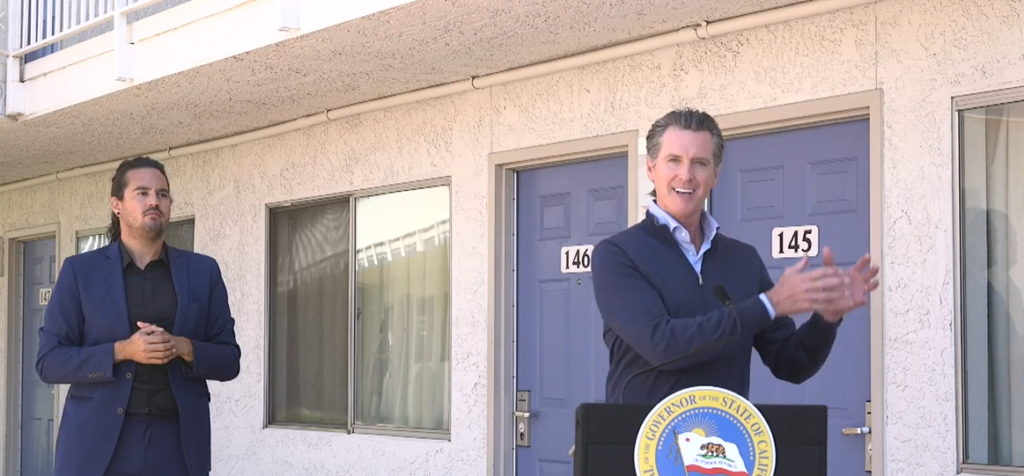
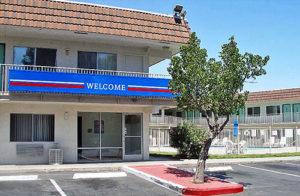
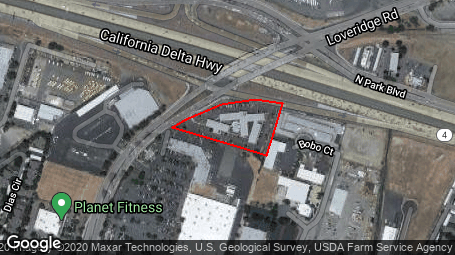
 The Contra Costa Sheriff’s Department revealed on Tuesday, Nov. 30 that, last week, they inadvertently released one of the suspects arrested for the organized retail theft at Nordstrom in Walnut Creek on Nov. 20. (See
The Contra Costa Sheriff’s Department revealed on Tuesday, Nov. 30 that, last week, they inadvertently released one of the suspects arrested for the organized retail theft at Nordstrom in Walnut Creek on Nov. 20. (See 
